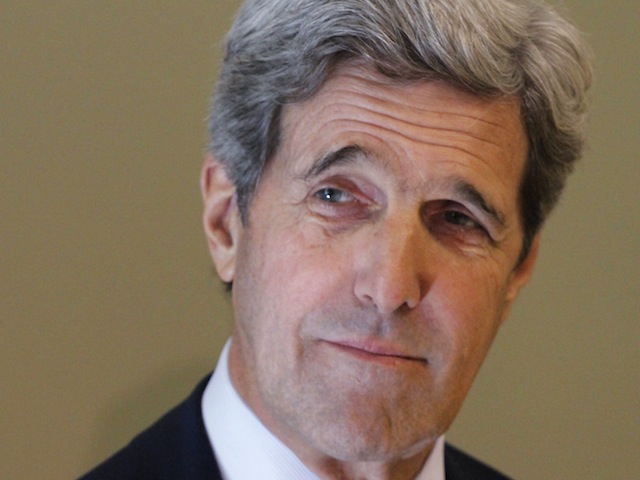QUESTION: Can we start with Syria?
MR. VENTRELL: Yeah.
QUESTION: Syrian officials today have rejected the assessment that you made public yesterday. Do you have anything to say to that? Do you have any more proof so that this claim you made is somehow substantiated?
MR. VENTRELL: Well, if the regime has nothing to hide, they should let the UN investigators in immediately so we can get to the bottom of this. As we said yesterday, we’re working to establish credible and corroborated facts to build on this intelligence assessment in order to establish a definitive judgment as to whether or not the President’s redline has been crossed. So that’s what we’re pursuing. And as I said yesterday, it’s both the UN process but we’ll continue to consult very closely with friends, allies, and concerned parties as we look at this body of evidence.
QUESTION: Can you just say – there’s been a lot of talk about – including from the President – that this would be a game-changer if they did it.
MR. VENTRELL: Those were the President’s words.
QUESTION: Right. Up to now, nothing seems to have changed. Can you tell me what might have changed now that you’ve – you’ve presented this evidence, yet we’re in exactly the same situation we were yesterday, or two days ago.
MR. VENTRELL: Well, to clarify, Brad, we’re working to establish a definitive judgment as to whether or not the President’s redline of chemical weapons use has been crossed. We’re not there yet, but we’re very carefully looking at the information, working to establish credible and corroborated facts. And to be clear, you talk about sort of an intelligence assessment. That is the assessment, but we’re working to further corroborate the evidence. And the evidence must build on the intelligence assessment as we seek to establish the corroborated facts. So that’s where we are right now, but the President and others have said, and the White House has said, that all options are on the table as we look at a range of scenarios here and we continue to look at the facts.
QUESTION: If this intelligence assessment has so little fact in it that it’s basically not worth making any policy decisions based on, why make it public?
MR. VENTRELL: Well, look, I really refer you to the White House in terms of the timing of responding to the congressional inquiries on this. It was an Administration decision to respond to those inquiries in a public, unclassified fashion. But the bottom line is, given the history that we all know in terms of intelligence assessments when it comes to WMD, it’s important to look very carefully at all the available evidence. And in addition to the intelligence assessments, we have to work to corroborate the facts.
State Dept: We Haven't Confirmed WH Claim Syria Used Chemical Weapons

COMMENTS
Please let us know if you're having issues with commenting.